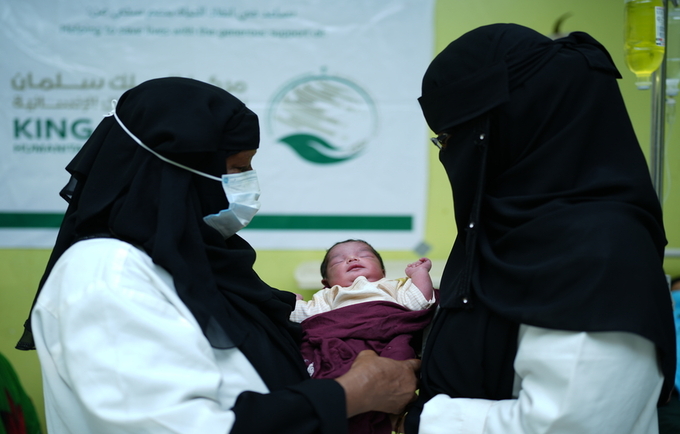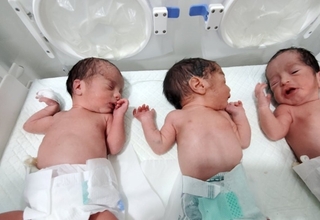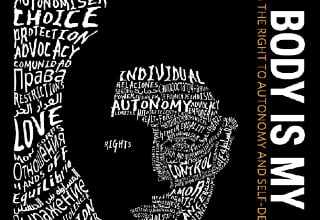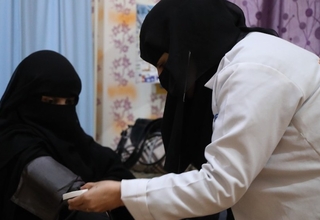Lahj/Marib, Yemen – “I felt that I was taking my last breath and will not get to hold my baby”. Nesma*, 26, from Marib Governorate was pregnant with her first child.
Nesma suffered from complications during her pregnancy but access to a health facility close to her home was out of reach. When Nesma’s health became life-threatening, her husband sold his sheep – their only means of livelihood, to hire a vehicle to take Nesma to a hospital in the city.
On route to the city, the husband saw the Jabal Murad Hospital that is being supported by UNFPA with financial support from KSrelief. He rushed Nesma to the hospital in the hope of saving her and their child.
The maternity unit at the hospital was fully equipped with a trained medical team that was able to immediately assist Nesma and help her to deliver safely.
“The smile on Nesma’s face when she embraced her baby made my day. We work to see such smiles,” said the midwife who assisted Nesma.
Displacement and pregnancy
Eshfaq, 21 from Ras Al Arah District in Lahj Governorate had already been displaced twice during her pregnancy. “I was in constant fear. Fear of being displaced again, fear of finding a health facility to deliver safely,” tells Eshfaq.
When Eshfaq, started to experience labour pains, she and her husband decided to walk 40 miles to Ras al Arah Hospital from their temporary shelter to deliver at a health facility.
Eshfaq was sweating profusely and experienced a severe drop in blood pressure following the long journey to the hospital and months of fear and anxiety.
The medical team at the hospital assisted Eshfaq to restore her blood pressure and examined her to ensure a safe delivery.
Eshfaq delivery a health boy with the assistance of a qualified medical team at the maternity unit of Ras al Arah Hospital.
Partnering to save lives during childbirth
Since June 2022, a partnership with KSrelief has helped to increase access to reproductive health services for women and girls with support to 15 health facilities and 50 community midwives across southern parts of Yemen.
This has enabled pregnant women like Nesma and Eshfaq to access reproductive health services and deliver safely.
Over the past year more than 255,000 women and girls received life-saving maternal health care through this partnership; while 21,000 women were able to give birth safely, 50,000 women received antenatal and postnatal care and 40,000 women received family planning services.




